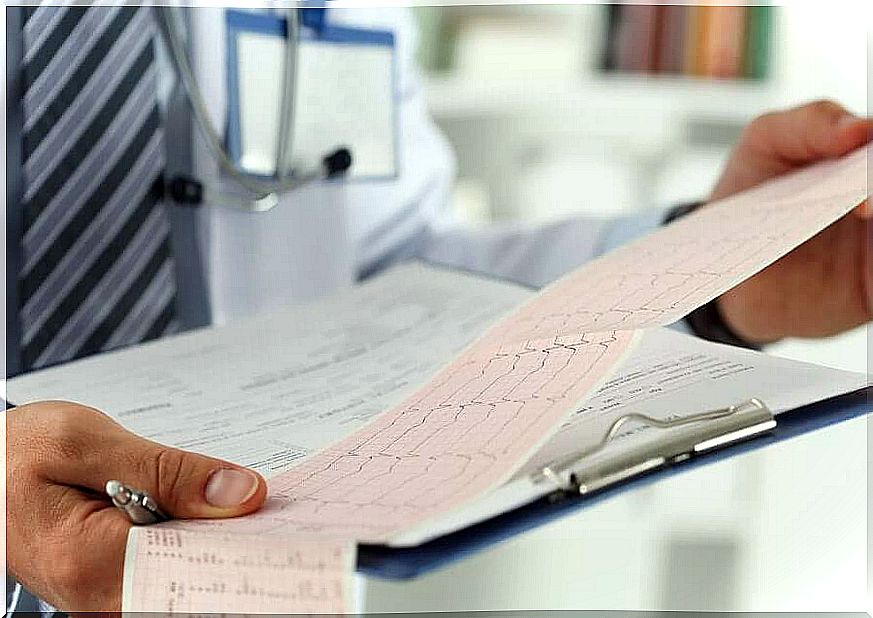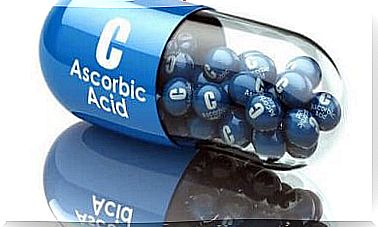The Effects Of Alcohol On The Heart

There is conflicting information about the effects of alcohol on heart health. According to some studies, drinking wine or beer in moderation promotes cardiovascular health, while some studies look at the harmful effects of these drinks on the heart. So what are the effects of alcohol on the heart? We will explore this topic in this article.
Both of the above statements are true. The effects of alcohol on the heart vary and depend on each person’s health individually, how much and how often they drink alcohol, and also what kind of alcoholic beverages they drink.
However, there is something that no one can deny: the effects of alcohol on the heart and other organs are very harmful, even devastating when consumed in large quantities. Alcohol is also a psychoactive substance that can be addictive. It can significantly impair your quality of life.
The effects of alcohol on the heart: myths and truths

There is evidence that alcohol can have positive effects on heart health. For example, wine is high in antioxidants (flavonoids, tannins, anthocyanins and resveratrol). Antioxidants can help prevent plaque from forming in the walls of the arteries (atherosclerosis), and they also boost the production of “good cholesterol”. This is confirmed, for example, by a study published in Molecules in 2019.
Indeed, it has been argued that a glass of wine a day would provide these beneficial health effects. However, a study published in the Journal of the American College of Cardiology points out that while these beneficial effects are real, moderate alcohol consumption also increases the risk of an irregular heartbeat.
This is also supported by another study by Peter Kistler of the Baker Heart and Diabetes Institute and Alfred Hospital in Melbourne, Australia. It shows that while moderate alcohol consumption can help keep the body’s “tubes” clean, it can adversely affect the electrical parts of the heart by affecting your heart rate.
Moderate alcohol consumption and excessive drinking
There is a lot of talk about the importance of moderate alcohol consumption, but it is still unclear what is reasonable and what is excessive. The first thing to consider is the individual health of each. For example, a diabetic or a person with high blood pressure should avoid drinking alcohol in moderate amounts.
On the other hand, it also matters how often alcohol is drunk. It is much more harmful to drink alcohol in large quantities, even infrequently.
The U.S. Department of Health’s Dietary Guidelines show that moderate alcohol consumption means no more than one glass of alcohol a day for women and two for men. However, many experts state that alcohol should not be drunk daily and should be avoided altogether at least two or three days a week.
A “glass” is equal to about 1 dl of wine, 3.5 dl of beer, 0.5 dl of more than 40% alcohol, or 0.3 dl of more than 50% alcohol.
Atrial fibrillation

As already mentioned, one of the risks of drinking alcohol (even in moderate use) is that it can cause an irregular heartbeat. Alcohol can damage cells and cause connective tissue to form in the heart.
In addition, alcohol can change the way the heart cells contract and lead to an irregular heartbeat over time. It also affects the autonomic nervous system, which regulates heart rate, among other things.
This condition, called atrial fibrillation, increases the risk of serious problems such as heart failure and stroke. It can happen to people who drink alcohol in moderation and often, as well as to 60 percent of people who drink too much alcohol at once.
Other effects of alcohol on the heart
In some people, excessive alcohol consumption can weaken the heart muscle and cause a condition called dilated cardiomyopathy. In this case, the heart expands and its pumping capacity decreases, which causes the symptoms typical of heart failure.
Alcohol also contributes to the development of obesity, which in turn increases the risk of heart problems. Repeated and excessive alcohol consumption also doubles the risk of high blood pressure. Combining alcohol and psychoactive drugs can be life-threatening.









